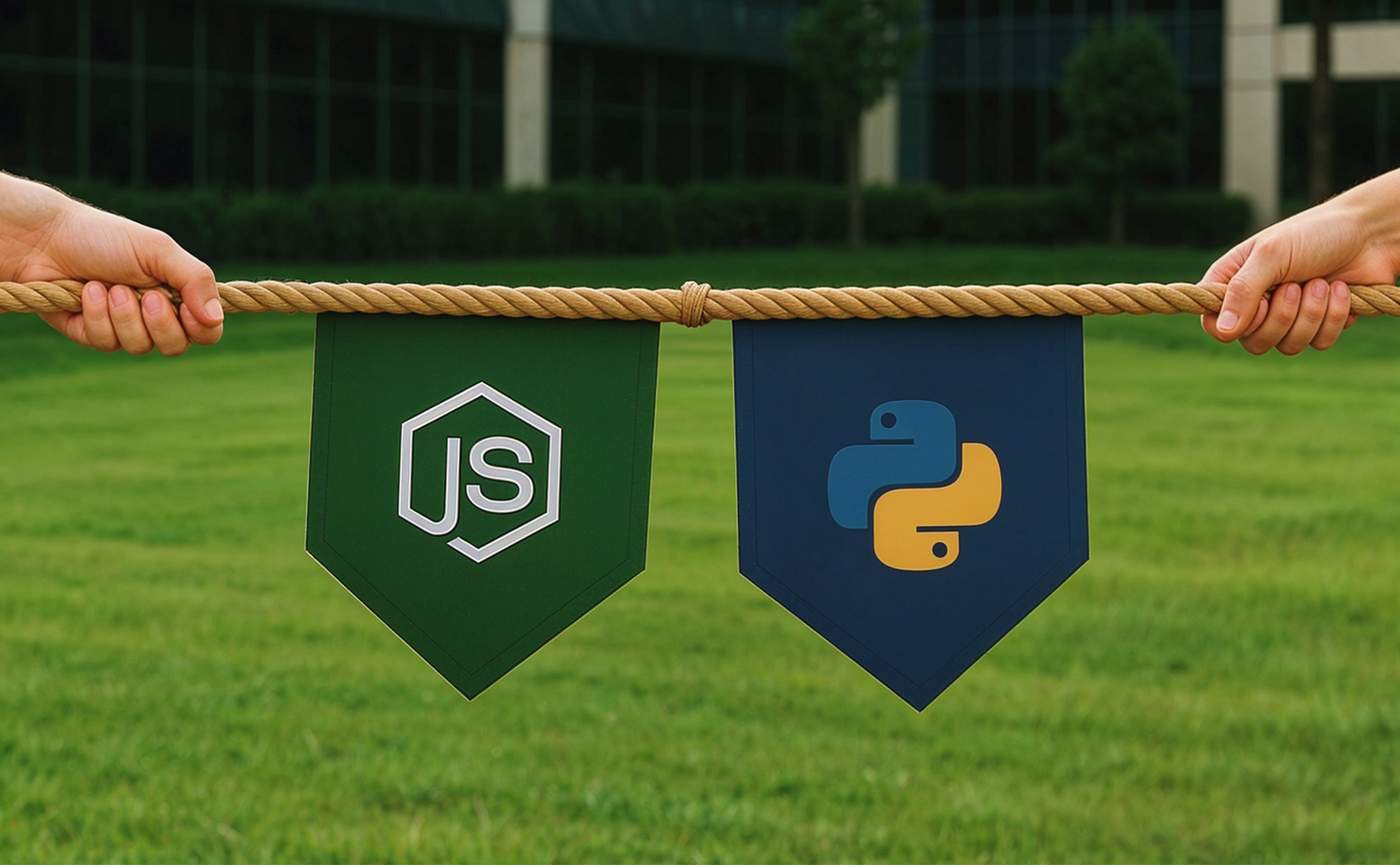SQL vs NoSQL Database: Differences, Advantages and Disadvantages
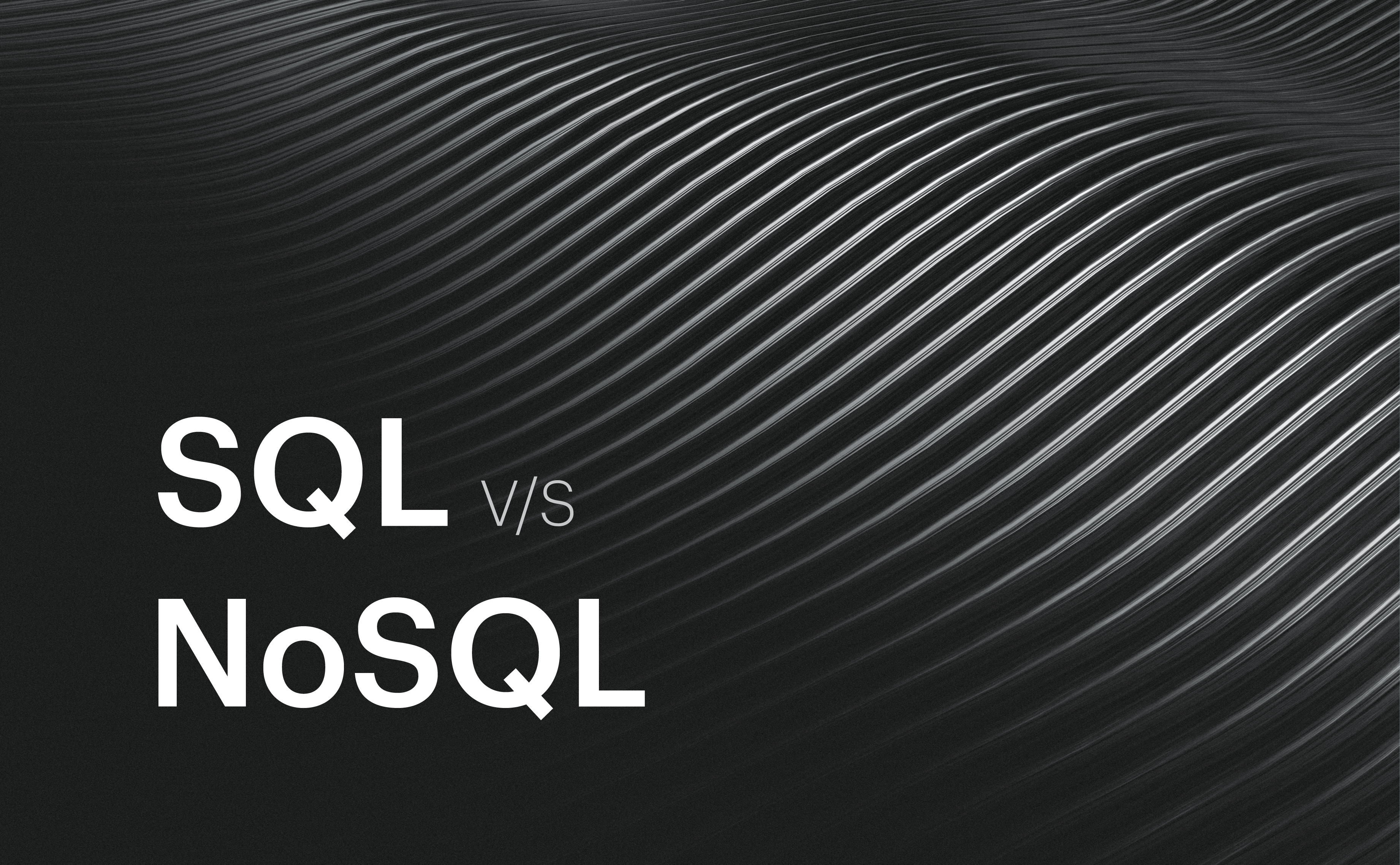
To create an application, developers need a database; there are several databases, and mostly they come under one of two categories: SQL, or NoSQL.
Each database type has its own value, its pros and its cons. So let’s try and understand everything about both of them before we try to match up SQL vs NoSQL databases.
What is SQL and NoSQL?
SQL vs NoSQL – the fundamental difference:
Structured Query Language (SQL) is the standard language that handles databases that stores information in a tabular form – relational databases. With SQL programming, you can add, modify, search, delete or edit records in the database; it can also optimize and perform maintenance of databases.
NoSQL doesn’t necessitate fixed schema, is easily scalable, and avoids joins, as it’s a non-relational database. It’s primarily used for distributed data stores where the need for data storage is immense – like real-time web apps, and bid data. Companies that collect humongous data daily, like Google or Facebook, would require this database type.
Conventional RDBMS utilizes structured query language syntax for data retrieval, to gain insights. A NoSQL database system however makes use of a whole suite of technologies capable of storing several types of data – structured or not, and even polymorphic data.
Major Differences Between SQL and NoSQL Databases

There are several differences between the two, based on the following categories:
Type
SQL databases Relational Databases (RDBMS) and NoSQL databases are primarily distributed or non-relational databases.
Read more on Advantages and Disadvantages of RDBMS
Language
An SQL database uses structured query language to define and manipulate data, and it’s a powerful, versatile, and popular language, capable of performing complicated queries.
However, it is also restrictive, as you need a predefined schema for describing your data structure right at the outset, and this structure has to be consistent throughout all your data. This means a lot of preparation in the early stage, and great difficulty in changing the structure later on.
NoSQL databases, on the other hand, have a dynamic schema for data that isn’t structured, and it’s stored in several ways: orientation can be of a column, graph, document, or KeyValue store.
This flexibility allows you to create documents without defining the structure, and to have documents with unique structures. The syntax is also different for different databases, and fields can be added as you want.
Scalability
SQL databases are scalable vertically – that is, you can increase the CPU capacity, SSD, or RAM, and increase the load on one server; this method is quite expensive.
Horizontal scaling is tricky with a relational database since there is often no clear way to split the data. Even if we split up the data, your SQL joins require a network request in addition to the CPU computation.
NoSQL can be horizontally scaled; you can add more servers, or perform sharding, to manage more traffic; this is more cost-effective than SQL. Think of it as adding more floors to a single building versus adding more buildings in the neighborhood.
Structure
SQL databases are made up of tables with rows and columns and have normalized schema. NoSQL databases are wide-column stores, graph-based, document-based, or key-value pairs, and have a de-normalized schema.
Properties followed
SQL databases follow Atomicity, Consistency, Isolation and Durability properties, also called ACID properties.
NoSQL databases follow Consistency, Availability, and Partition tolerance properties also called Brewers CAP.
Support
SQL database vendors offer tremendous support for their customers; additionally, many independent professionals are also available to help and guide you. Whereas for NoSQL, there are very few independent experts willing to help you, and you have to completely rely on the community for support, especially to deploy large-scale projects.
Age
SQL has been around for much longer, and is an aged technology; NoSQL is fairly new in comparison.
Purpose
SQL can handle more complicated queries as compared to NoSQL, as the query syntax is fixed; this makes it ideal for high transaction-based apps. NoSQL queries are not as powerful.
Data Storage
NoSQL databases can store data hierarchically and large data sets, but SQL databases cannot.
Adding Data
It is much easier to add data in NoSQL databases as compared to SQL databases – you can simply add new data. In SQL, you need to modify schemas and backfill data before you can add new data.
ALSO READ: Top Software Development Methodologies
Examples of SQL and NoSQL Database
Here are commercially available databases that belong to both categories:
- Microsoft SQL Server
- Db2
- PostgreSQL
- YugabyteDB
- MySQL
- CockroachDB
- Oracle Database
NoSQL
- MongoDB
- Redis
- FaunaDB
- BigTable
- CouchDB
- Cassandra
- RavenDB
- HBase
- Neo4j
The Role of SQL in a Database Management System

It is important to understand what role structured query language or SQL actually plays in a DBMS. They are:
Defining Data
A DB admin is able to define the arrangement and structure of data, along with the relationships between different stored data items.
Retrieving Data
A user program or app can fetch and use data stored on the computer’s database with the help of SQL.
Manipulating Data
User programs and apps can update the database by deleting old data, adding new data, and editing previously stored data.
Sharing Data
Concurrent users can leverage SQL to share data so that users’ activities don’t clash with one another.
Access control
SQL enables the control and restriction of access for fetching and manipulating data, protecting sensitive data from being stolen.
Data integrity
In the event of a system failure or improper update, the SQL ensures that the integrity constraints are applied to protect the data from getting corrupted.
ALSO READ: Advantages and Disadvantages of MongoDB NoSQL Database
When to Use SQL and NoSQL Databases?
We have seen so far, what SQL and NoSQL is, and the difference between SQL and NoSQL; now we will discuss where exactly each type of database is or should be used.
When to use NoSQL Database
- For massive or ever-changing data sets, as NoSQL can become extremely powerful
- For handling massive volumes of unstructured, structured, or semi-structured data
- In following Agile, Scrum and other modern development approaches, or to deliver prototypes
- When object-oriented programming is required
- To have an effective scale-out architecture in place of monolithic one
- For local data transactions that don’t necessitate high durability
- To scale up to traffic at affordable cost
- You need ability to add new fields without hassles
When to use SQL Database
- For apps that need multi-row transactions, like accounting systems or any legacy systems built for relational structures
- When you have relational data, and relationship is well-defined and navigable
- To evaluate integrity of data
- If you need flexible data access and execute higher level ad-hoc queries
- To work with unstructured, relational data without the complexity of multiple data stores (via special features, like JSON data types)
When to Avoid NoSQL
- If you need to carry out dynamic, complex queries and reports
- For financial transactions
- If you require run-time flexibility
- When you need consistency, and there are no large-scale changes in the volume of data
ALSO READ: Website Architecture Design Guide
Advantages and Disadvantages of SQL
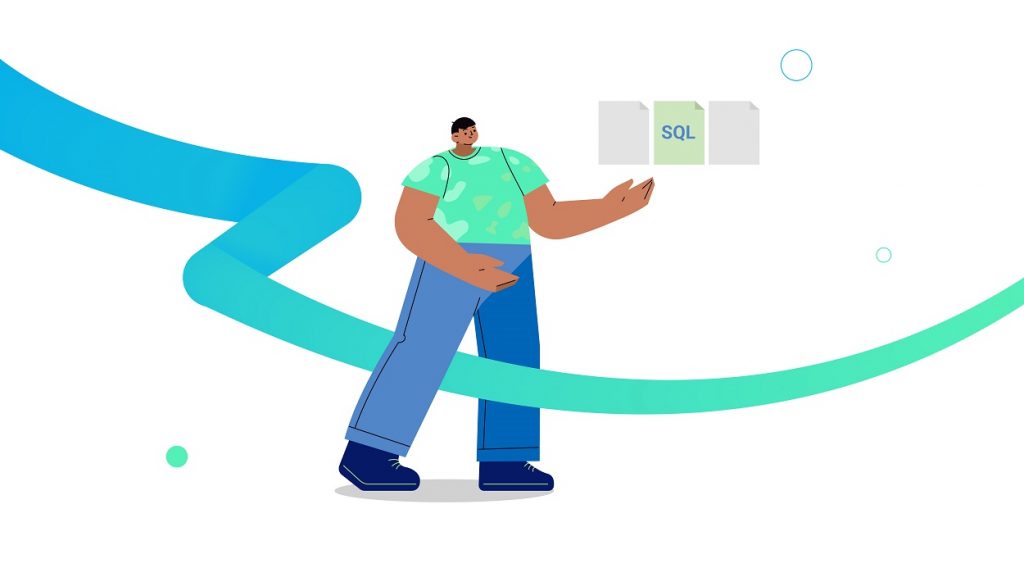
Let’s move on to the specific benefits and drawbacks of both database types. First, we’ll look at the advantages of SQL:
Speed
SQL is extremely fast, and you can retrieve data from database records at record speed.
Well- Defined Standards
SQL follows both the internally approved standards – ANSI and ISI.
No Coding
SQL doesn’t require coding, and hence the process is simple and without hassles.
Data Integration Scripts
An important feature of SQL is writing data integration scripts, and this is extremely helpful to developers and database administrators.
Analytical Queries
Data analysts use SQL for setting, executing and running analytical queries regularly.
Retrieving Information
You can easily perform retrieval of data subsets within a database, with SQL. Select, insert, alter, delete, update, and add truncate are some of the most used elements.
Though it has many benefits, there are some disadvantages of SQL:
Interfaces
While there’s no need for complicated coding, the interfacing is not that simple.
Complex Structure
Accessing it can be difficult due to the complex nature of the SQL structure.
Implementation
Often, vendors have proprietary extensions to the standard SQL to make sure you can’t arbitrarily change vendors.
Partial Control
Programmers don’t have complete control over the database due to the hidden rules and conditions.
Cost
SQL operations can be very expensive.
ALSO READ: Advantages and Disadvantages of Python
Advantages and Disadvantages of NoSQL
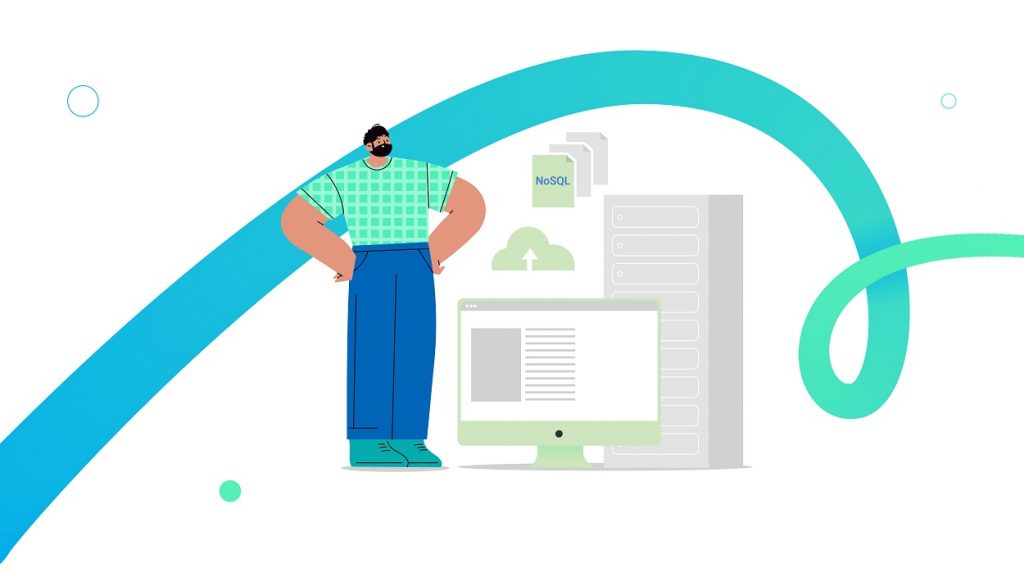
It is time to examine NoSQL more closely. Let’s start with the advantages of NoSQL:
Flexible Data Model
As they can store and combine different data types, they are very versatile as compared to SQL databases.
Developing Data Model
It is possible to update the schema on the go to suit changing requirements while avoiding downtimes or interruptions.
Elastic Scalability
NoSQL databases are flexible enough to scale for a range of data growth types and at a lesser expense.
High Performance
These databases offer excellent performance in terms of latency (delay in responding to requests) and throughput (overall performance)
Open-source
Being open-source, expensive licensing fees are not required for NoSQL databases; they can be run on basic hardware, which means, the deployment is inexpensive.
That’s a pretty impressive list of benefits, but we also need to see what the disadvantages of NoSQL are:
No Standardization:
NoSQL databases do not have any standard definition of rules or roles, and the design and query languages differ greatly between various NoSQL databases, and this can cause confusion.
Database Backup
NoSQL databases do not have robust backup facilities or tools, and you seldom find these databases having a proper backup. This can be disastrous in the event of major breaches or software malfunction.
Consistency
While NoSQL is highly scalable and performs well, it does not offer data consistency, rendering it slightly insecure when compared to SQL databases. Look at this example: when you enter repetitive data, it will just accept it without alerting you with an error message. However, in SQL databases, duplicate entries are simply rejected in the database.
ALSO READ: The Scope of Web Development and Its Future
SQL vs NoSQL – A Comparison
We have seen the SQL and NoSQL pros and cons; so how do the two match up against each other, and which one should the developer choose? For this, let us recap what we have already discussed.
After going through the advantages and disadvantages of SQL, this is what we can infer:
SQL databases make use of the ACD compliance to ensure database integrity. Thanks to the structured data, it does not require an integrated support system to use with whatever data type you want. Hence, for most businesses, especially financial transactions, this is the most preferred choice of database. However, there are some pretty severe limitations of SQL.
This is the reason that NoSQL is rapidly gaining popularity. It can accommodate various types of data and can scale rapidly with the addition of more servers concurrently. It supports rapid application development and is the best choice when performance speed is of the essence.
NoSQL is certainly simple to use; however, one must think about the implications of data stores when developing apps. You also need to think about consistency and the effects of sharding on data access and storage.
On the other hand, if your budget is tight, and you need high performance and scalability, NoSQL is your best bet. An outright SQL and NoSQL comparison may not give you the true picture, as both have their own purpose in application development. It is important to establish the goals of the application, and only then can you make a proper choice.
Webandcrafts is one of the leading website design company in India. Our services include website development, web design, mobile application development, digital marketing, etc. We are committed to providing the best services to our customers meeting industrial and business standards. If you have any queries on eCommerce development, contact us right away.
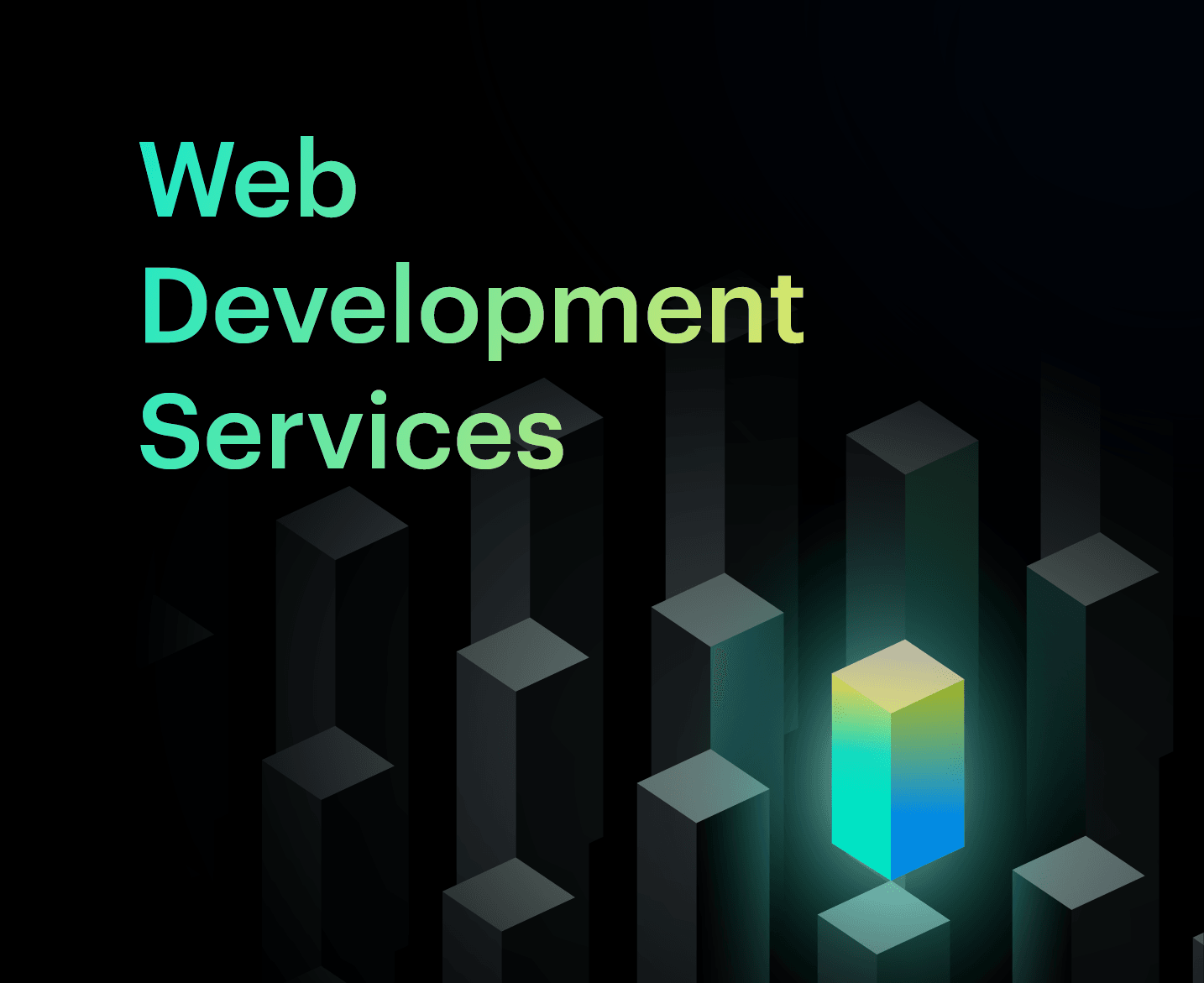
Advanced Web Development Services
Creating solid digital presence and enhancing brand value through web-based products
Discover Digital Transformation
Please feel free to share your thoughts and we can discuss it over a cup of tea.





